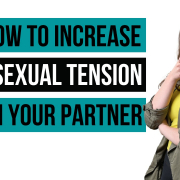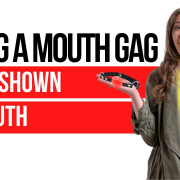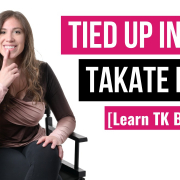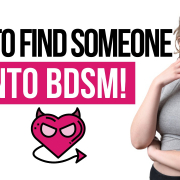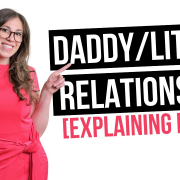Darcey and Georgi in The Trigger Tango Therapy Episode
Darcey and Georgi in The Trigger Tango Therapy Episode
I had the pleasure of helping Darcey and Georgi on a January 17th episode of Darcey & Stacey on TLC and noticed how they were stuck in the trigger tango.
The trigger tango is common in intimate communication, especially for those we are most comfortable with.
When I have the thought that my partner doesn’t understand me. Instead of taking a pause to try to find understanding and compassion, we often raise our voices. When one person raises their voice, then the other either avoids, freezes or fights. Which could mean raising their voice as well. This is how we begin the trigger tango.
Instead of being in the moment together using empathetic or reflective listening many individuals just begin to have harsh and critical exchanges with one another.
Although we speak the same language, we have different ways that we conceive the specific words and tone someone uses.
Since we have mirror neurons, when one person gets activated using a tone, the other person will have their nerves get activated too.
Creating new communication strategies instead of getting into a trigger tango with someone you love is important for successful relationships.

How to Stop the Trigger Tango
Sometimes just pausing your partner and saying “I feel nervous – as if we are just in a trigger tango with one another right now.”
Call it Out
Discussing that you notice your partner and then referring to embodiment of your limbic system eliminates the trigger tango effect.
The practice of noticing and naming the issue as it’s happening – by saying “trigger tango” – actually can help couples to remember that they need to slow and calm down.
The importance of this is to eliminate the concept that we truly or completely know one another. And instead exhibit positive intention, gentle noticing, and work at breaking current negative conversation and communication patterns.
Take a Deep Breath
Now that we are adults, we often get triggered by things that remind us of childhood. A time where we were actually powerless. As an adult, there are many times I remind myself, my team. And my clients to take a deep breath and consider what you feel in your body. This is a quick and effective grounding technique.
Instead of taking offense to someone else’s tone and getting caught up in the trigger tango. Taking a pause and breathing helps us to get in touch with ourselves in this present moment.
Embodied connecting is really important, and when we are with another. It’s helpful to attune with each other instead of escalating. When we are embodied, we can observe our emotions and our partner’s emotions at a distance instead of acting out of our emotional state.
We forget that unless there is physical force, we are not actually in danger, it just feels emotionally uncomfortable. When we feel this way, we can make a request, state a compassionate boundary, or invite collaborative conversation.
Most people did not have communications training and do not know how to begin these conversations. You can start by learning communication skills or going to a couples therapist who is skilled in the chain of the Trigger Tango or within the reactivity cycle.
Additionally, you may want to check out my therapy video on couples communications.
Seeing a couples therapist to guide you on how to slow down, provide tactics and structure can be very helpful.
You might also enjoy reading this related blog!
About Life Coaching and Therapy
Life Coaching and Therapy (LCAT) is a therapy and coaching practice that transforms our clients lives through our flexibility multi-technique approach and pleasure-skills training provided by systematically trained and licensed therapists!
Get to know our founder and owner, Amanda Pasciucco, (a.k.a. The Sex Healer) PhD, Licensed Marriage and Family Therapist (LMFT), and an AASECT Certified Sex Therapist (CST) who has developed innovative therapy programs and therapy videos that get results.
Our team of compassionate, licensed therapists and certified sex therapists helps all clients who visit us for a variety of personal, relationship, intimacy and sex problems.
LCAT provides on-site appointments, as well as video chat and text therapy programs.
Learn more about how LCAT can help improve your life at What We Do.







